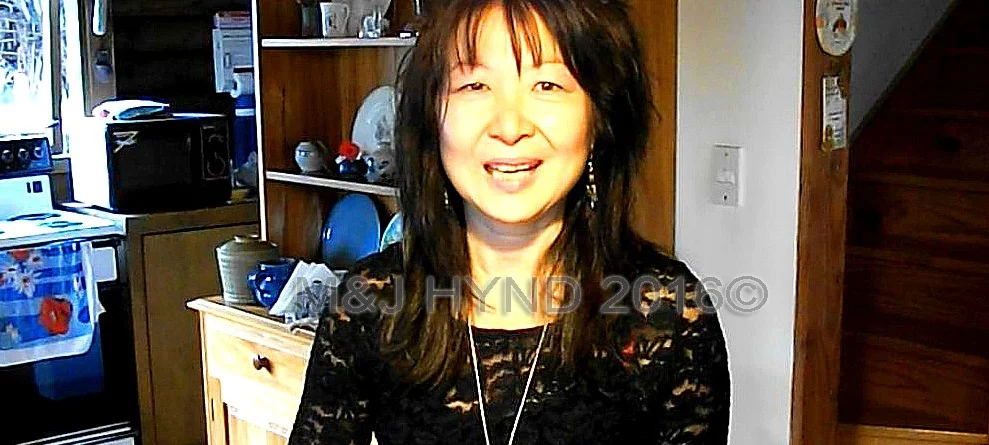Repairing the amplifer, so we can make music again...
The 'personal' sound of music is the sound of someone speaking your name. Actually it's closer than that: it's you pronouncing your own name, and it actually happens - your brain tells your mouth to open and emit sound, and then your ears tell your brain: yup, that's me talking. What if your brain can't tell your mouth what to do anymore?
Stroke and speech. Speech – where do I start? Speech, to relearn how to speak, without stammering, stuttering? To say the one or two words was a difficult enough challenge. To relearn how to speak and to pronounce clearly, when I couldn't remember what the first words were? The art of speech, to relearn to speak properly was a difficult concept to master.
At first after the stroke (1995), I could barely speak, my mouth so droopy I couldn't open it very much. Without a mirror, it was difficult to find out if I was drooling without touching my mouth, as I had impaired sensations on my right side. As if there was a line, dividing my face from left to right; basically paralysed as in little or no feeling or movement, on my right. People who've met me for the first time now, perhaps have been unaware that I'd had a stroke... until I move. My mouth and face seemed fine... or so it appears to the uninitiated; but there are tell-tale signs, even now.
The Speech therapist was very good. For a year, off and on, in bursts of rehabilitation sessions, she re-trained me on alphabets, numbers, use memory-cards.. (if only I could remember them). But before I could do all that (hospital ward, and later on, many countless hours at home), were numerous exercises for me to try to enunciate/utter a word - any word that I could remember.
With my short-term memory in smithereens, so badly affected by the stroke, it took a very long time - Speech Therapy was available only for a short time, it was up to me to try to improve, on my own.... (.. to 'spell' was the major next thing on my horizon) - I'm still saying or writing something the wrong way round (with it came the challenge: to write with my Left-Hand - I was right-Handed before my stroke), an effort to get it down in words before I forgot the gist of the sentence. I have had to correct myself, constantly.
My voice said: Yes, … but meaning 'no', and vice versa. I had difficulty saying what I truly meant to say. I'd get locked onto a word. Murray, who was wheeling me in the wheelchair around the hospital at that time when I had the stroke, asked me the colour of the cars parked in the street. One was red. The next was blue, etc. Red... Red... at last I got the word out. My speech was very slurred, but, I had got the word out there in the open. [My mind was grappling in 'pictures' - then to fit an 'English word 'colour-name' that I recalled (loss of 'short-term' memory is a question), ...SAY it 'out loud', before I forgot it again, remains a challenge.]
But, that word stuck around like a bad penny. The thought was all-encompassing – it was very difficult to shift it for another thought to enter my mind.
At a friend's BBQ, a couple of years later, I was with friends who knew me. I could recognise the people there, but I couldn't remember their names; friends for three or more years before my stroke. The recognition was there, brief, fleeting thoughts, but it was tantalisingly just out of reach at that time...what were their names? So near and yet so far. It was frustrating. I tried to join in the conversation... and found I couldn't. I heard the conversation... but to join in took many, many years of aching thought to try and piece it all together.
I wondered if I would ever be suddenly be fluent in speech again. Me... being the outsider in conversation, as I sat-in with other friends several years later. I listened to Murrays' conversation: nuances in the language, he turned this way the conversation would just flow, on say, the family. Easy. He turned around to my other friends, and there'd be a serious discussion on politics or technology. And then just as easily switch to fashion, or fishing, or rugby, food, travel, whatever. Ebb and flow; with very little involved thought, it seemed to me. Without having to play charades “in real life” with Murray every time I wanted to say something very simple.
The impressions, ideas, opinions which may have been made a long time ago just seemed to fly out of the lips of someone who was speaking. It was just wonderful, the art of speech and communication. Some have said that by age four, most humans have developed an ability to communicate through oral language and by age six or seven, most humans can comprehend, as well as express, written thoughts.
Listening to a hundred conversation at once and being able to pick out the essentials. That was the key, .. but how? A fairy-tale wishlist to me, at that moment in time. But, there is no magic pill to instantly have perfect speech again. The exposure to different conversations helped over the years, and the internet is a fount of knowledge and honing skills. Slowly chipping bits off or adding bits on... one day at a time.


